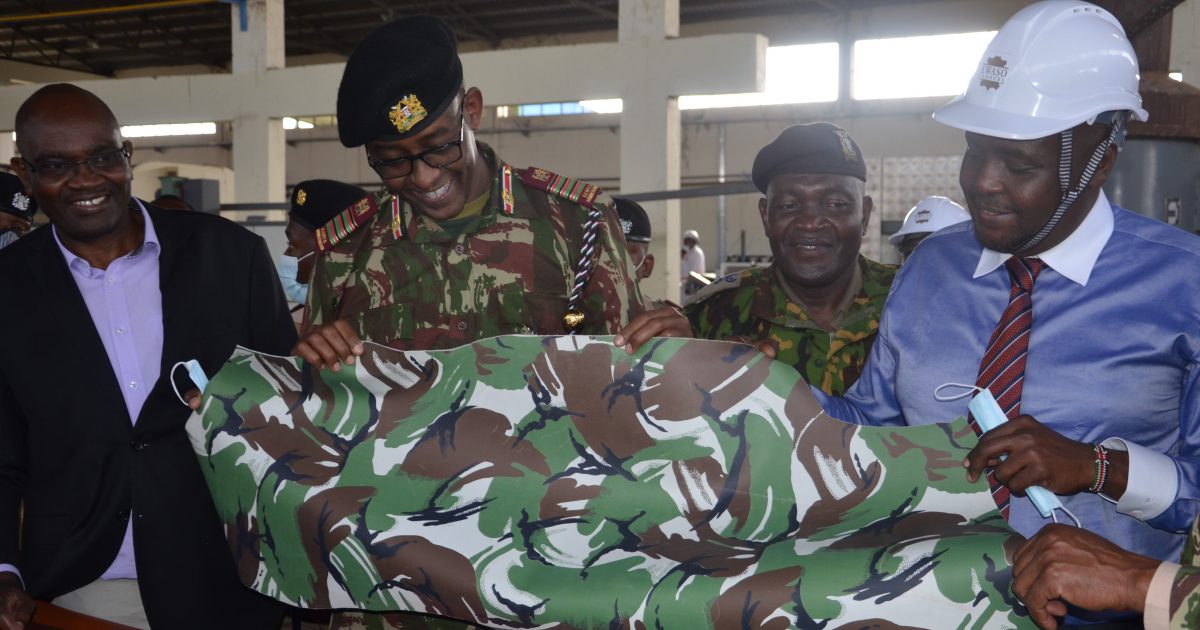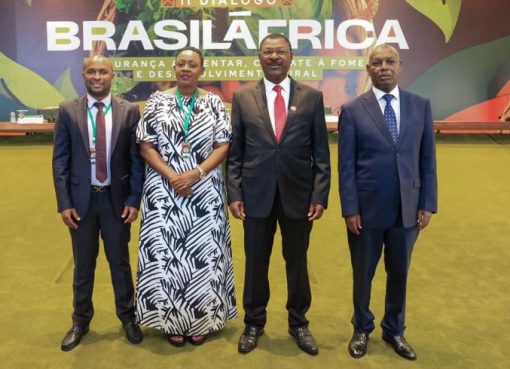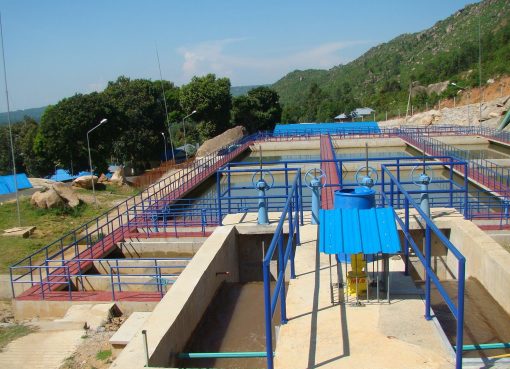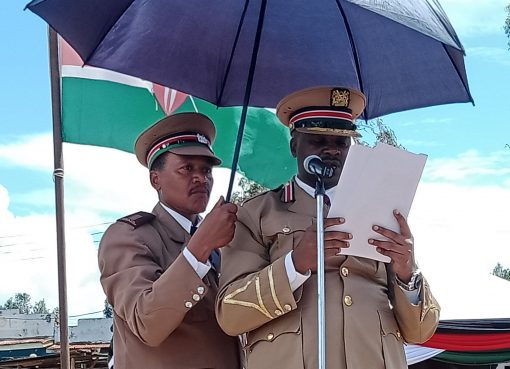The mega Tannery and Leather Factory located at Ewaso Ngiro area in Narok South Sub County that cost Sh1.4 billion is now set for commissioning.
The factory built by the national government through Ewaso Ngiro South Development Authority (ENSDA) has a capacity to process 800, 000 square feet of leather per year making it the biggest leather factory in the country.
ENSDA Managing Director (MD) Ngala Oloitiptip told the Rift Valley Regional Commissioner (RC) Maalim Mohamed that Kenya Meat Commission (KMC) is their biggest supplier of hides to the factory.
The MD said the factory was at 89 per cent complete and the 11 per cent remaining is the value addition part.
In the 2021/2022 financial year that ended in June 2022, the MD said, the factory produced 640, 000 square feet of leather but targets to maximize the production this year.
“We buy a kilogramme of hide at Sh45 from the local farmers but at Sh28 from KMC because they give us the hides in bulk. Currently we are only buying the cow skins,” Oloitiptip told the RC.
He said initially, the factory was producing at a loss because they could not meet the required capacity because of lack of raw materials, however, after KMC started supplying the hides, the factory can now maximize its production.
According to the MD, the farmers in this region who are mostly pastoralists have largely benefited from the factory because they do not have to throw away skins, but sell to get money.
“In case the livestock dies or seasons of prolonged dry spell, the farmers will not incur total loss because they can slaughter the animals and sell the skin,” said the MD.
The factory that was built in the year 2018 currently has employed 90 people directly and many others indirectly.
“We aim to supply boots to security personnel instead of importing the shoes from other countries. We produce all types of leather that can be used to make many other things such as handbags, belts, furniture and clothes,” said Oloitiptip.
The Regional Commissioner who was accompanied by the regional security team commended the ongoing works at the factory saying it was a game changer to the economy of the country.
He said the project is able to create more job opportunities for the young generation directly and indirectly hence create wealth for the local communities.
The local livestock farmers were asked not to brand their animals as it compromises on the quality of the leather produced.
By Ann Salaton





